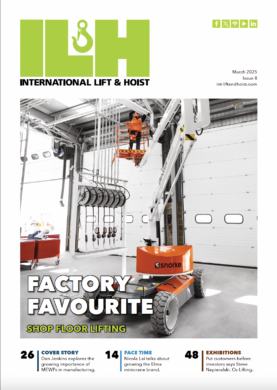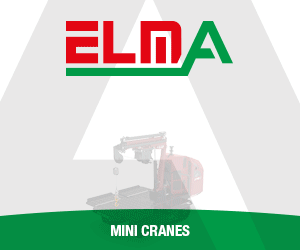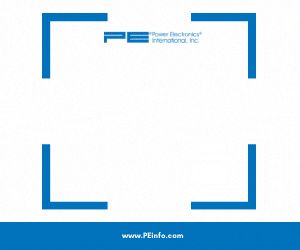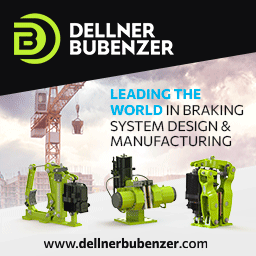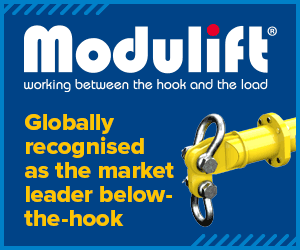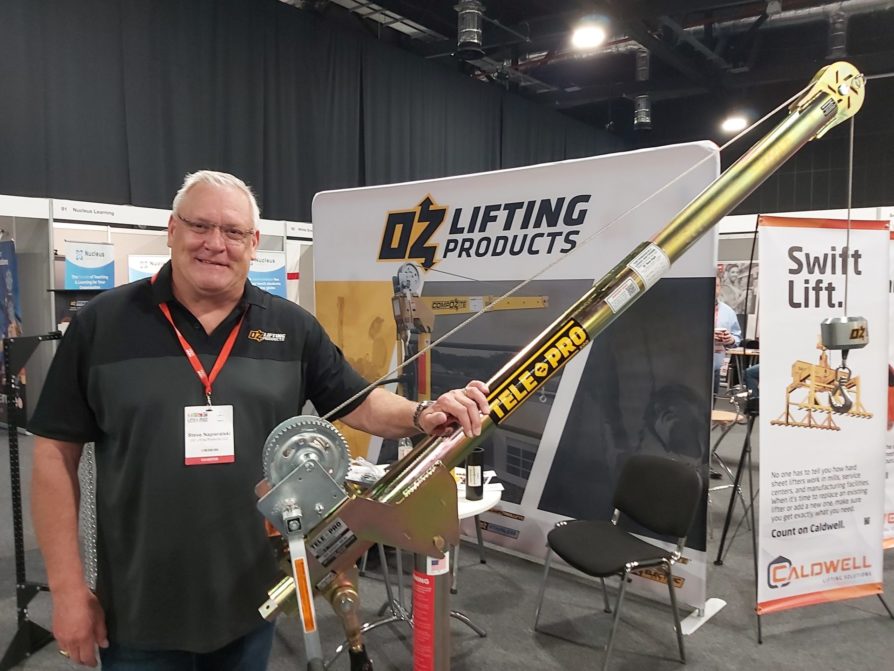)
Flood defences
Honesty remains the best policy, even though people seem more prepared than ever to give the truth scope, observes Steve Napieralski, president at Oz Lifting.
Someone was talking to me the other day about sandbagging, a policy of lowering expectations to go above and beyond them when the results are delivered. I’ve also heard countless references to manipulating the truth, most alarmingly when dealing with other levels of the supply chain. It’s short-sighted and the waters will breach the flood defences of these businesses, no matter how high they stack the sandbags, long before those that remain wedded to the ethos that honesty is always the best policy.
I’ll explain why, but first let’s look at why people have become so tense, especially here in the material handling industry, which, in the main, remains busy. Order books are full and lead times in some cases are long, yet still etched in the mind are supply chain problems and a global pandemic, while the war in Ukraine endures. It wasn’t that long ago that global trade was tipped on its head and given a shake – bits even fell off.
Economies have been propped up by government handouts and savings, and consumers tried to bounce back only to find shelves bare and what was there costing more than they can ever remember. It’s a cost-of-living crisis and I read an article recently that said US inflation in 2022 reached a 40-year high, and that’s probably right. That’s before many of your workforce were born.
OK, signs are that price increases will slow, and supply chain issues are certainly easing up, but everyone is frazzled. You know in the movies when someone gets an electric shock, they don’t walk away looking as good as before the electric current hit them—they’re blackened with spiky hair. If you get wiped out by water but regain your footing—you’re still wet.
Smoke and mirrors
Overall, people are operating on a war footing, and it means they’re not thinking straight.
Customer service should be a number one priority, not something contorted in some illusion that things are better or worse than they really are. A business should strive to be the best it can be, communicate honestly, and deliver authentically – every time.
I couldn’t sleep at night if I knew a salesperson at my firm said a product would cost more than it does, will arrive a week later than it will, or won’t be able to perform as well as it clearly does. What’s the point? Do people really thank you for letting them down only to bring them up?
It works the other way too. I wouldn’t encourage anyone to over-promise to get an order, only to leave the customer flat when the bill is more than they were expecting, the product arrives late, and the tool can’t perform as they need it to.
I’ve never bought into the theory that you can fix a problem later, just get the order. Our big box stores, specialty rigging and lifting firms, wastewater pump dealers, overhead crane companies, and mill supply distributors wouldn’t tolerate it; we’d never sell another davit crane.
Remember, turbulence doesn’t bring planes down, but it might if pilots panicked. Despite the temptation to waver from the truth – this is particularly relevant in competitive markets where customers have choice between similar products and solutions – be more honest than ever.
An effective way of keeping everyone honest is to only ask them to comment on what they can control. If it can be controlled by an individual or company function, it should be easy to tell people how it’s working.
Covid has even helped in this regard because all companies have learnt a great deal about themselves and, moreover, what they can and cannot control. It’s now more apparent that there are many facets of a business that are out of that company’s control. You can’t make a supply chain work by working harder than a competitor or getting to work an hour earlier. Those boats off Long Beach certainly didn’t make port for the people who told their customers the kit was already on the dock.
When a customer asks a question about things you can control, tell them how it looks. If they ask about something beyond control, tell them that’s out of your hands. If you can find out the answer, fine, but don’t make it up.
Put one’s house in order
All this guidance can be applied in-house too. When dealing with staff and colleagues, be honest. If you can’t get something done until Thursday, don’t tell someone to expect it by close of play Wednesday. If you know it’ll be finished at 11am on Thursday, don’t make them fret that they’ll have to wait until Friday. The impact of that dishonesty will likely far outweigh any fleeting joy that might be experienced from a pleasant surprise.
I like deadlines, and always have, especially when it comes to new product development. I won’t digress too much because I’ve written about it in these pages before but suffice it to say that our innovation strategy would be completely derailed if all facets of the process weren’t in cohesion with the other. It’s based on clarity, honesty, transparency, and delivery.
None of this means that I want to employ or work with robots. Individuals and their personalities are what make business fun, but there must be boundaries. The vision of a company starts at the top. Leaders must let their workers know exactly what a business’s philosophy is on how it treats its customers as well as colleagues.



